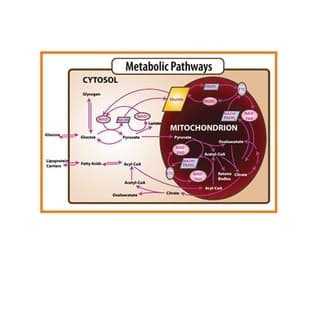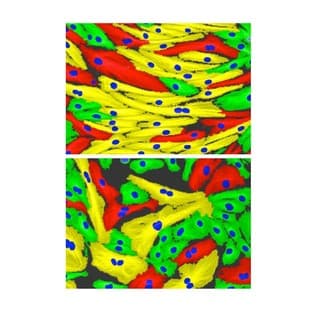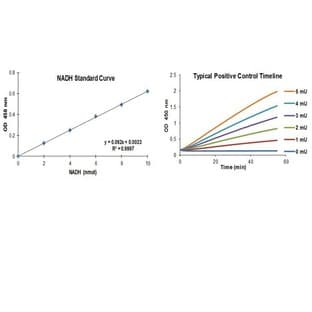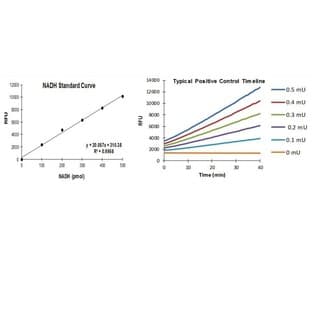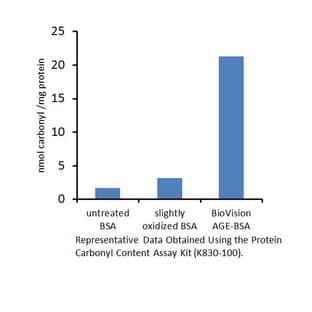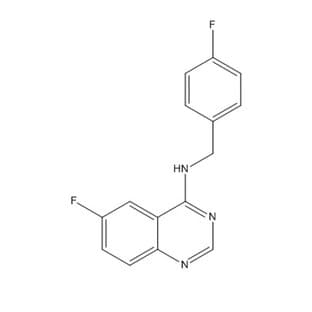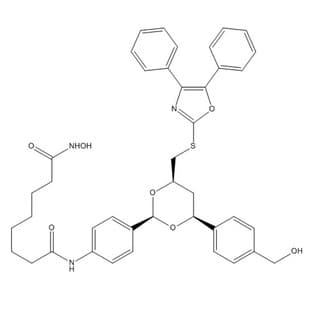
Supplier:
Alomone Labs Limited.Cat no: B-243
BUY proBDNF (Mut-mouse)
proBrain-Derived Neurotrophic Factor (Mutated-mouse)
recombinant, E. coli
BDNF is a neurotrophic factor produced by proteolytic cleavage of its precursor, proBDNF. The biologically relevant form of the protein was thought to be the mature form, BDNF, which has been shown to affect the development of motoneurons, modulate synaptic transmission and affect axonal branching, dendrite growth and synapse number. These actions are mediated via the binding of BDNF to TrkB. Different actions are mediated by the binding of BDNF to p75 such as neuronal process retraction and neuronal apoptosis. The precursor form was thought to be important for the correct folding, secretion and trafficking of the mature protein. A single-nucleotide polymorphism (Val66to Met) in the pro-domain of the human BDNF gene impairs intracellular trafficking and regulated secretion of BDNF in primary cortical neurons and neurosecretory cells but not in endothelial and vascular cells. This has been shown to affect memory and lead to abnormal hippocampal function in humans.
The finding that proBDNF and not mature BDNF is the preferred l+I8igand for p75 has ushered in a new era which reexamines the biological roles of the two forms. Contradictory biological roles for proBDNFhave been proposed. It has been shown to be a pro-apoptotic ligand for sympathetic neurons expressing both p75 and sortlin, and to be involved in LTD. On the other hand it has also been shown to elicite prototypical TrkB responses in biological assays, such as TrkB tyrosine phosphorylation, and activation of ERK1/2. Binding of both proBDNF and mature BDNF to TrkB has been proposed to be via the R103 residue in the mature portion. In addition, the question of the relative abundance of the precursor vs the mature form has been investigated. In brain homogenates a mixture of proBDNF and mature BDNF has been found. The secretion of proBDNF from cortical neurons has been shown. Most of the work showing secretion of proBDNF was done in cell lines overexpressing full length BDNF constructs. It has been argued that this model misrepresents the authentic situation in vivo, since in the transfected systems the secretion of proBDNF results from overloading the limited capacity of the processing machinery. These authors argue that in fact proBDNF is a transient intermediate and is rapidly converted intracellularly to mature BDNF.
Alomone Labs is pleased to offer both wild type and mutated mouse proBDNF which will serve as important tools in the elucidation of the biological effects of these intriguing proteins.
Neurotrophic Factors; Neurotrophins
Prices direct from Alomone Labs Limited.
Quick response times
Exclusive Absave savings/discounts
Latest promotions
Buy any polyclonal or monoclonal antibody from our extensive range of pre-made antibodies and for a limited time only receive a $50 discount!(T&C apply:...
New brilliant antibodies, and new lower prices!For flow cytometry reagents in general, \"bright is better.\" The violet-excitable BD Horizon™ BV421 and...
10% Discount on 2 Rabbit Polyclonal Antibody Service. With over 20 years experience, SDIX has developed into the premier US custom antibody producer,...
For the past decade scientists have extensively used ATS secondary toxin conjugates to make their own targeted toxins for in vitro use.The ability to combine...
We're so sure that you'll prefer Cayman Assay kits over your present brand that we're willing to give you a free assay kit to prove it!
Did your supplier increase the price of Fetal Bovine Serum? Did they substitute the US Origin with USDA? Well say no more! Innovative Research is still...
Bulk Cytokines with Custom Vialing.20 - 50% off cytokines, growth factors, chemokines and more...For a limited time Cell Sciences is offering substantial...
Are you planning to have a customised antibody made for your research?Since 2000, Everest has been producing a catalog containing thousands of affinity...
Top suppliers
Agrisera AB
11 products
Biotrend
Biosensis
969 products
ABBIOTEC
3011 products
SDIX
1 products
Spring Bioscience
2291 products
Cell Signaling Technology
4976 products
Rockland Immunochemicals, Inc.
7592 products
Boster Immunoleader
1533 products
OriGene Technologies Inc.
5281 products
Maine Biotechnology Services
227 products
BD (Becton, Dickinson and Company)
1 products
ABNOVA CORPORATION
Randox Life Sciences
1502 products

